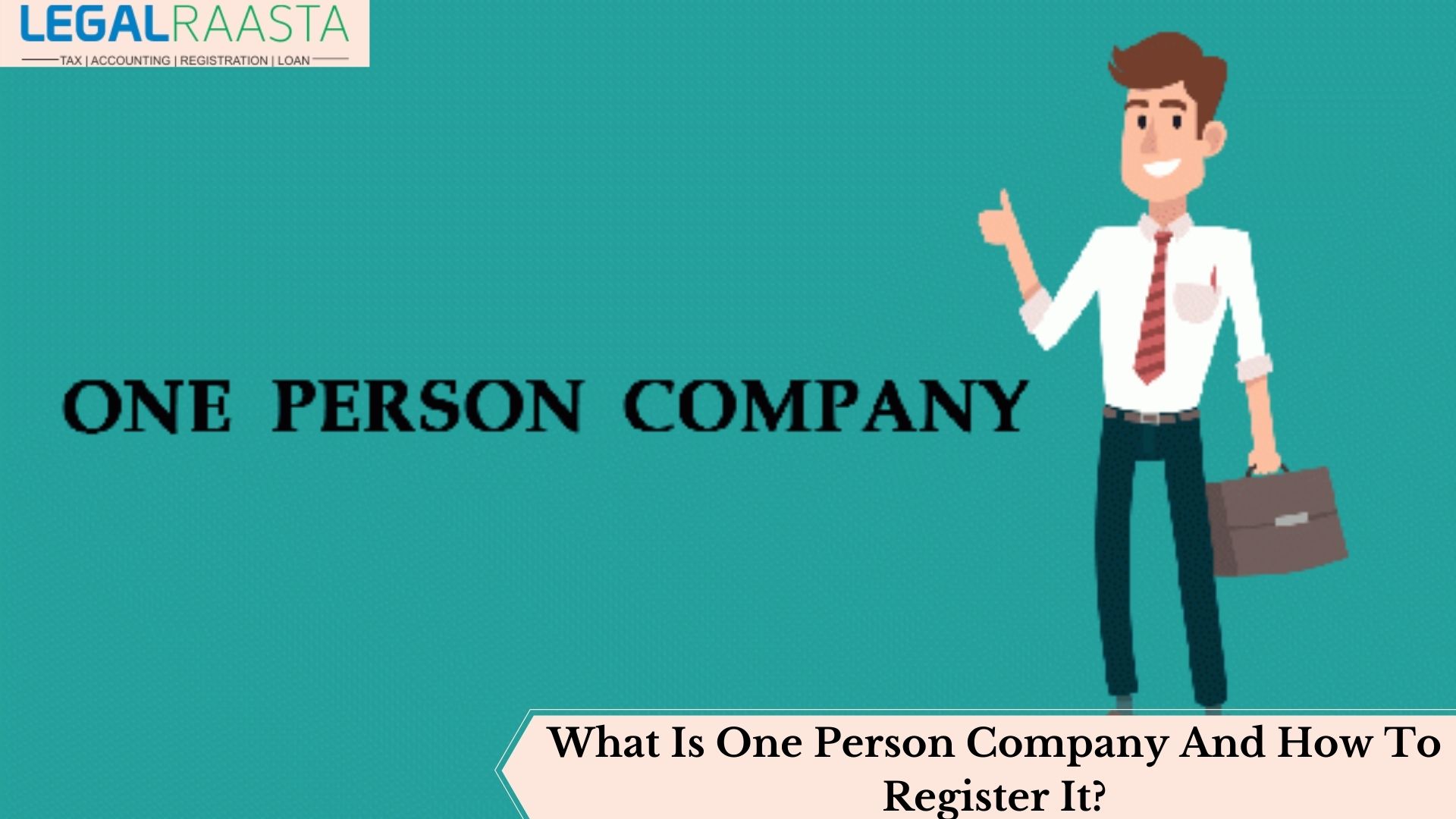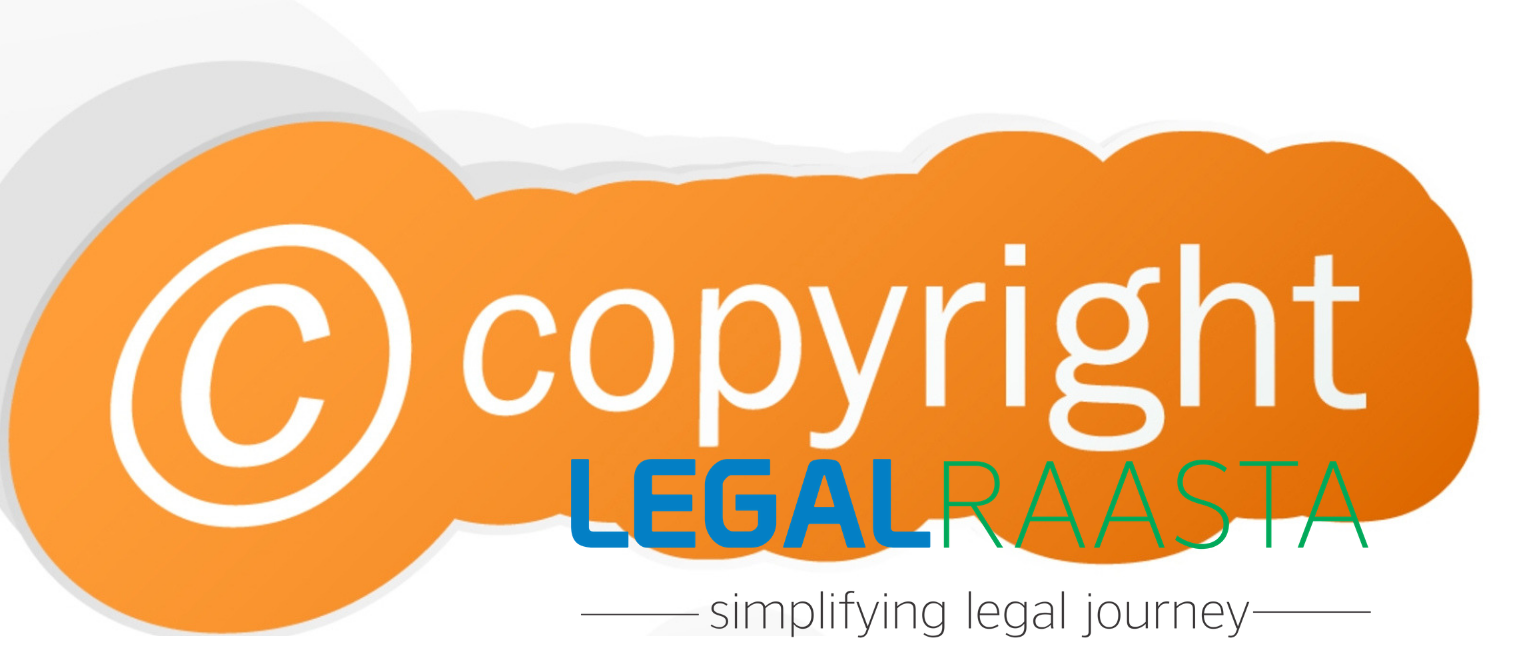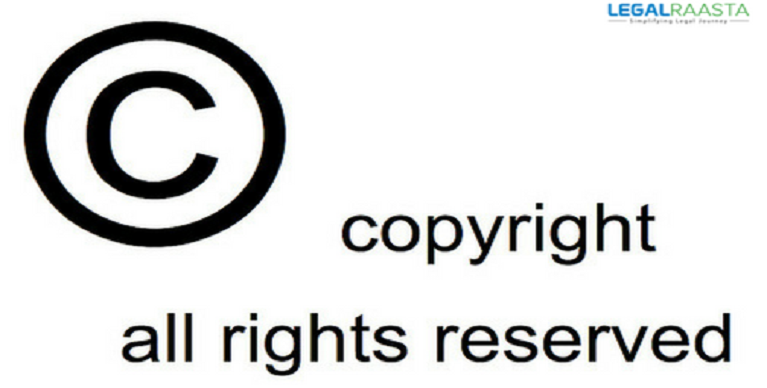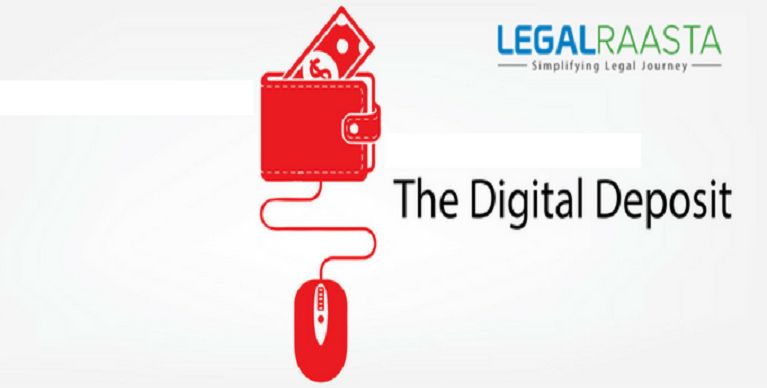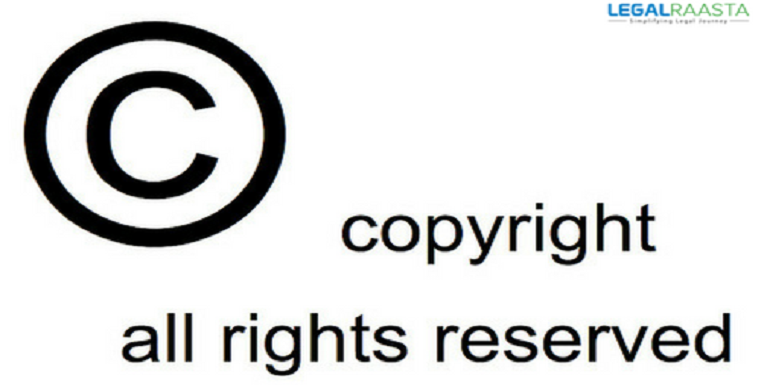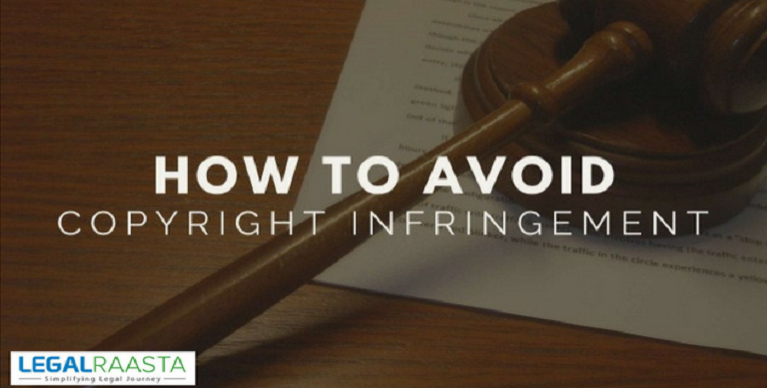Basic principles of Copyright Legislation system
The importance of copyright was however recognized only after the invention of the printing press, which had enabled the large production of the books in large quantity practicable. In India the first legislation of its kind, the Indian Copyright Act, was passed in 1914, which was however mainly based on the United Kingdom Copyright Act, 1911. During the five decades of modern and advance means of communications such as broadcasting, litho-photography, television etc., have however made roads in the Indian economy. With this , there was the need of new more powerful law, which could protect the rights of the copyright owners or the original creators. So new Act was however enacted by the parliament of India, which was thus based on the Berne convention and the universal copyright declaration.
This Act was known as the copyright Act, 1957, which was suitably amended again in the 1999 according to the situation which was prevailing in the India and also around the world. In the field of copyright, India as a signatory to the Berne Convention and the International Copyright Order, 1958, which has now been replaced by the International Copyright Order of 1991. It however provides the same protection to the nationals of the member States as its own nationals.
However , The provisions of acquiring the copyright ownership have been defined under Section 17 of the Act. The right of ownership is thus available only if one qualifies the provision of this Act. There is also no other remedy in the other laws that are prevailing in India in order to counter the violation of the copyright ownership.
The nationality of the person is however an important factor in order to get the right of the copyright. The section 13(2) provides that-
(1) In case of a published work, the work must however be published in India or when it is published outside India, then the author must be a citizen of India at the date of the publication or if he is dead at the time of his death.
(2) Section 7 of the copyright Act provides that the author in the case of an unpublished work, at the time of making of an unpublished work must however be citizen of India or he must be domiciled in India where the making of an unpublished work is however extended over a considerable period.
(3) In the case of any kind of architectural work the work must thus be situated in India.
The international organizations and the citizens of other countries however also get the protection of the copyright in India but it is however subject to the certain condition and they are not per se qualified for the kind of protection.
According to Section 17 of the Copyrights Act, 1957 the first owner of the copyright is defined as under:
Subject to the provisions of this Act, the author of a work shall however be the owner of the copyright therein. Section 17 thus statutorily recognizes the author of the work to be the first owner of the copyright
Section 2(d) defines the term author, it says that “Author” means,-
(1) In relation to any kind of literary or dramatic work, the author of the work;
(2) In relation to any kind music work, the composer;
(3) In relation to any kind of artistic work other than a photograph, the artist;
(4) In relation to any kind of photograph, the person taking the photograph, the artist;
(5) In relation to any kind of cinematograph film or sound recording, the producer; and
(6) In relation to any kind of literary, dramatic, musical or artistic work which is computer- generated, the person who causes the work to be created.
However, this provision is subject to certain kind of exceptions. For instance Section17 (a) provides that where a work is however made by the author in the course of his employment by the proprietor either of a newspaper, magazine or any periodical under a contract of service or any kind of apprenticeship for the purpose of publication in a newspaper, magazine or periodical, the said proprietor, however in the absence of any kind of agreement to the contrary would thus be the first owner of the copyright in the work in so far as it thus relates to the publication of the work in any kind of newspaper, magazine or however similar periodical or also to the publication of the work for the purpose of being so published. Except in such kind of cases, the author would however be the first owner of the copyright in the work.
Section 17(b) provides that where a photograph is taken or a painting or a portrait drawn, or an engraving or a cinematograph film has been made, for any valuable consideration at the instance of any kind of person, then such kind of person, in the absence of any kind agreement to the contrary, shall, however be the first owner of the copyright therein.
Section 17 (c) provides that in the case of any work which is made in course of the author’s employment under any contract of service or any apprenticeship, to which clause (a) or clause (b) does not apply, then the employer shall, in the absence of any kind of agreement to the contrary, be the first owner of the copyright therein. An author may also create a work either independently, or he may create a work under a contract of service or either a contract for service.
Section 17(cc) however provides that in case of any address or any speech delivered which is in public, the person who has however delivered such address or such speech such address or if such kind of person has delivered such address or such kind of speech on behalf of any other person, then such other person shall however be the first owner of the copyright therein notwithstanding that the person who however delivers such address or speech, or, as the case may however be, the person on whose behalf such kind of address or speech is delivered, is however employed by any other person who thus arranges such kind of address or speech or also on whose behalf or the premises such kind of address or speech is delivered;
Section 17(d) provides that in the case of any kind of government work, the government shall, however in the absence of any kind of agreement to the contrary, be the first owner of such kind of copyright therein;
Section 17(dd) states that in the case of any kind of work which is either made or first published by or under the direction of or under the control of any kind of public undertaking, such kind of public undertaking shall however , in the absence of agreement to the contrary, be the first owner of the copyright therein;
Section 17(e ) however provides that in the case of any kind of work to which the provisions of section 41 apply, the international organization which is concerned shall be the first owner of the copyright therein.
The Copyright Act, 1957 is thus a comprehensive Act. The object of this Act is that thou shall not steal. This Act is however drafted in tune of English and American laws. This Act however aims to safeguard the ownership of an unpublished work also in addition to the protection which is granted to publish the work.


